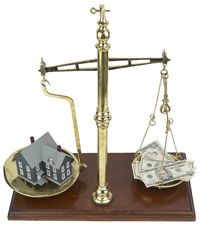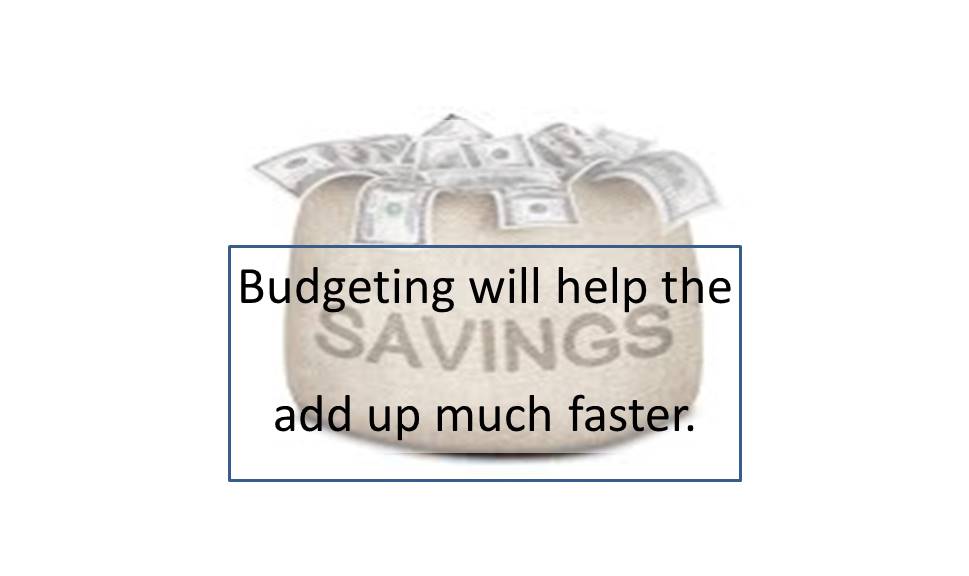We are going to give you 8 Strategies to Build an Emergency Fund and you will be surprised how easy this can be…let’s get started
Building a solid emergency fund is essential for financial security and peace of mind. This blog post will share 8 smart strategies to help you build a strong and reliable emergency fund.
Whether you’re just starting on your financial journey or looking to enhance your existing savings, these strategies will provide valuable insights and tips to ensure the stability of your finances.
You will discover the best approaches to building a solid emergency fund that will protect you from unexpected expenses and financial setbacks.
Understanding the Importance of a Solid Emergency Fund
Without a solid emergency fund, unexpected expenses can quickly wreak havoc on your financial stability. Life is full of surprises, and there are countless emergencies that we have no control over.
Whether it’s a sudden medical expense, a car repair, or a job loss, having funds readily available can provide a safety net and save you from a financial crisis.
Building a solid emergency fund is essential for peace of mind and ensuring that you’re prepared to handle any unexpected curveballs that come your way.
The 8 Strategies to Build an Emergency Fund
1. Assess Your Current Financial Situation-Visit Your Budget- you have one I am sure…
-
- Review and calculate your monthly expenses:
It is important to access your credit report to make sure you are aware of the credit accounts that are showing on your report for the month. Correcting any errors that may appear on your report.
Your expenses should include your mortgage or rental payments, installment loans (car loans), revolving credit cards, alimony, and child support (if applicable). Student loans, and any other payments including; car insurance, insurance that is not included in your housing payments, child care, groceries, miscellaneous expenses, etc.
-
- Analyze Your Income and Savings
When you are calculating your true expenses and your payments, use your income after taxes, deposits to savings, and deductions from your gross earnings. This is the amount that you will deduct your expenses from. What is left over you can apply to your emergency fund.
2. Set Goals For Your Emergency Funds
Setting goals for your emergency funds is crucial for financial stability. Begin by determining the amount you want to save as your initial target. Consider your expenses, such as rent, bills, and groceries, to estimate how much you would need to cover at least three to six months of expenses.
As you progress, set incremental goals to increase the amount you save, allowing you to better handle unexpected financial setbacks. By clearly defining your goals, you can ensure that your emergency funds will provide you with the necessary support when you need it most.
-
- Break Down Your Goals into Achievable Milestones
Make sure you are not getting overly enthused and have your expectations too high. Your goals must be achievable and doable so that you do not become discouraged and want to “give up.”
Starting small initially is the key to making your efforts more successful. After you adjust your miscellaneous spending habits (often for items not needed), you can then increase the monthly amount.
3. Create a Mindset to Save for Emergencies
Your mindset for your emergency fund must be the same as for your savings mindset. Your savings account is something that you do not want to dwindle unless it is necessary. Yes, it can be used for emergencies, however, if you have children, you know that their education is paramount.
-
-
Make an effort to cut non-essential expenses
-
So what’s the big deal here? Most humans forget that they often stop by the fast food restaurant on the way home from work instead of putting the roast in the crockpot for dinner. It is time to plan.
-
- Bathe your little furry friends yourself, and keep them healthy.
- Cut back on the kid’s digital games.
- Buy food that is good yet you do not always have to buy name brands when the ingredients are the same. Read the labels.
- The same goes for buying clothes. You can look as good as anyone else in your clothing if you choose clothing that fits your body well and is of good material.
- You cannot try to keep up with the Joneses and save money or build an emergency fund. It is time to be yourself, be responsible, and look out for yourself and your family.
4. Automate Your Savings **A 401K account with your employer is a good example for savings and earnings as the employer matches a certain amount…see the post…
It is important to discipline yourself to have your employer deposit a certain amount of your income into savings. This is something you already know and often forgotten merely by error.
This will keep you ahead of the game when you put whatever amount you choose into your savings before your deposit into your checking.
If you have another account for your emergency fund, you might be able to do the same if your employer allows two different accounts.
5. Review and Minimize Debts
When you are paying your normal monthly payments you should think about eliminating some of your debt load. This is a smart move for your credit cards. Depending upon how many you have, it is important to pay more than the minimum payments so that you decrease your balance to your high balance.
Your credit scores are determined by how much credit you have, your balance to your high balance, and how much you pay each month. This is important for being conscious of your overall credit history.
You can also pay more on your mortgage payment and pay it off in fewer years. The same is true for a car installment loan. Paying on the principal balance of any debt reduces the repayment period and the interest you are paying over the life of the loan.
It is wise to explore the accounts where your interest rates are highest first and eliminate those accounts or if possible refinance to a lower rate. It is not always wise if you cannot reduce the interest rate by at least 2%.
6. Increase Your Income
There are options since the pandemic to work second jobs online. It is possible to make money by selling your products that are not in use, but still in good quality on eBay.
Write for other online websites if you enjoy writing. Freelance, copywriting, or becoming an editor of other people’s work is available online. Some companies need proofreaders and editors.
If you have tech experience and the abilities listed above, you could open up an account for your services on Fiverr.com for your capabilities.
7. Cut Your Home Expenses
You can always cut back on your electricity when you conserve by turning off the TV when you are not watching.
- Turn the lights off in all the rooms when you leave them.
- Make sure you have no leaky faucets.
- Do not leave the dryer on more than is needed to dry your clothes.
When you must shop…
- Use coupons at the grocery store and any other stores that offer them.
- Please take advantage of the incentives that credit card companies give for using their card.
8. Educate Your Family In Your Household
Everyone in your home must be helping you achieve your goals. This means that you have taken the time to explain and educate them on the importance and profits of adjusting your budget to have an emergency fund.
Summary
These are a few of the ways to start saving for your emergency funds so that a tragedy does not put your regular savings in jeopardy. There are more and it will be smart thinking for you to include some strategies of your own.
Take the time to re-visit your budget and add/cut those things that are necessary/unnecessary for your profitability.
More Ways to Create An Emergency Fund



